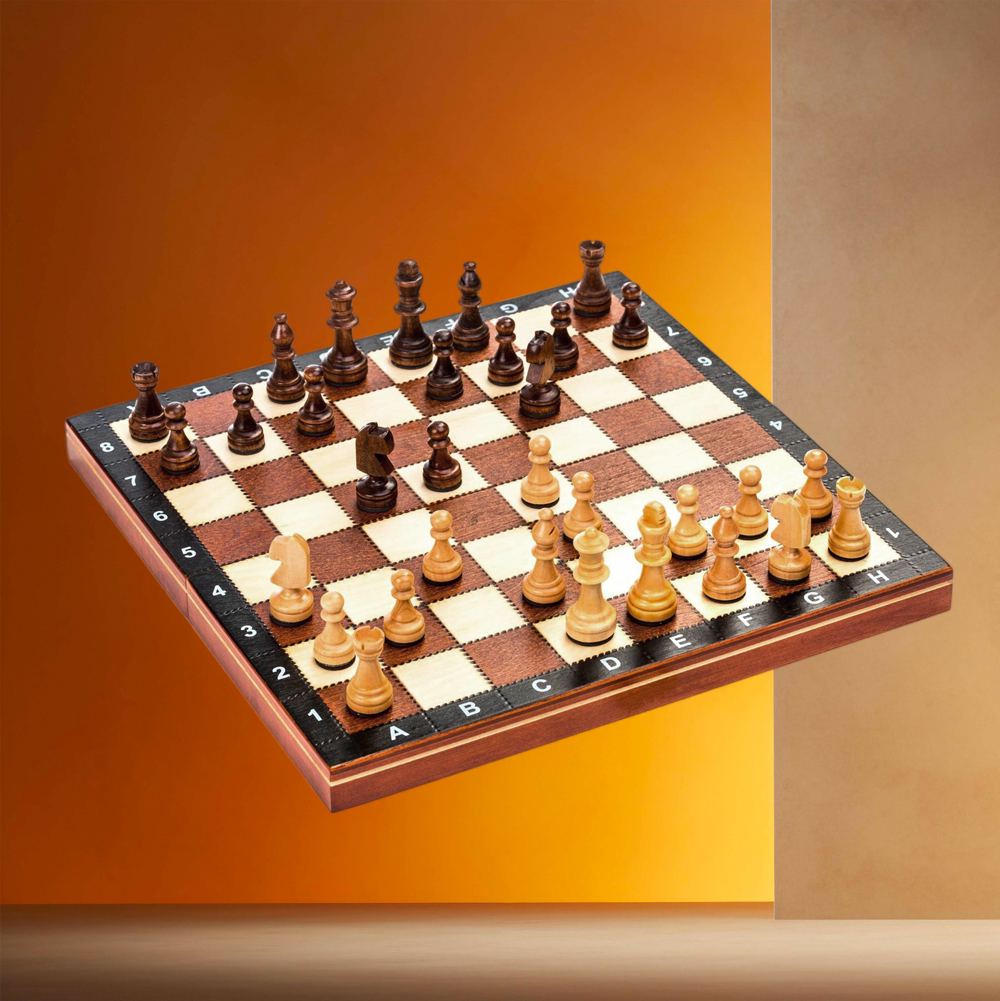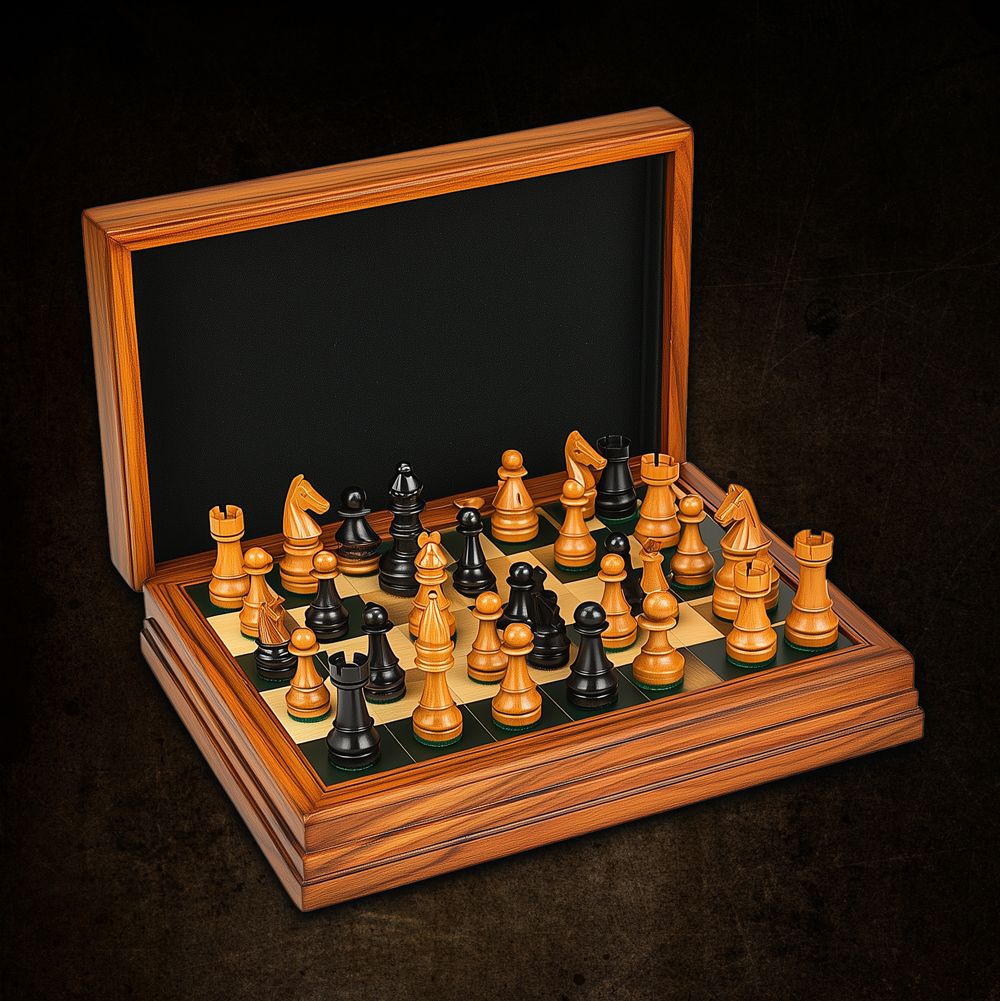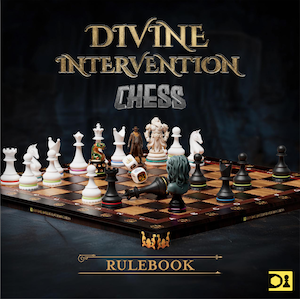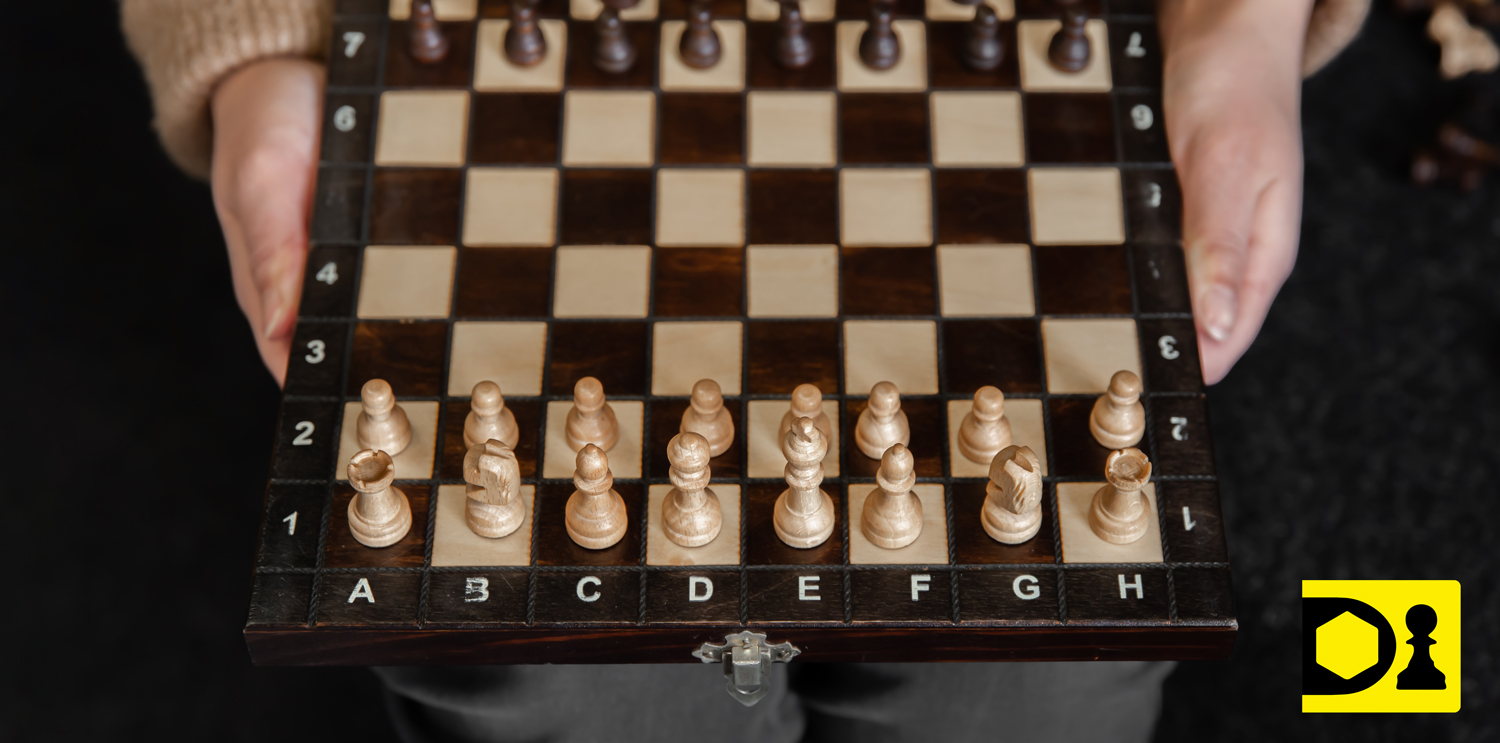Chess has long been regarded as a game for the intellectually inclined, offering more than just a competitive pastime. It’s a game that challenges the mind, improves cognitive skills, and can have a profound impact on the way we approach everyday problems. Whether you’re a seasoned player or a beginner, playing chess offers a wide range of benefits for people of all ages. Let’s explore some of the incredible advantages of playing chess!
1. Enhances Logical Thinking and Problem-Solving Skills
Chess requires players to think several steps ahead, making strategic decisions and constantly solving problems. Each game is a complex puzzle, with multiple possible outcomes and choices. As players analyze the board, calculate potential moves, and anticipate their opponent’s actions, they sharpen their logical thinking and problem-solving abilities.
In daily life, the ability to approach problems systematically and strategically is essential, and chess provides an excellent way to develop this skill.
2. Improves Concentration and Patience
To win at chess, players need to maintain high levels of focus throughout the game. Unlike many fast-paced games, chess requires careful planning and thoughtful consideration of each move. This teaches concentration and patience—two key attributes that are valuable in almost every aspect of life, from studying to work.
Additionally, chess helps players learn how to deal with failure. It’s normal to lose a game, but what matters is the ability to learn from mistakes and remain patient while continuing to improve.
3. Develops Time Management Skills
Chess is a game with time constraints. Each player has a set amount of time to make their moves, making it crucial to manage their time wisely. This time pressure teaches players how to make quick decisions without compromising on quality, a valuable skill in both personal and professional settings.
Effective time management is essential for productivity and success, and chess is an excellent way to practice it in a low-risk, enjoyable environment.
4. Strengthens Memory and Strategic Thinking
One of the key skills developed through playing chess is memory. Players must remember previous moves, recognize patterns, and anticipate future threats on the board. By training their memory, chess players can also improve their ability to retain information and make connections between different pieces of knowledge.
Furthermore, chess encourages strategic thinking. The game teaches players to plan for the long-term, consider potential outcomes, and evaluate risks before taking action. These are skills that translate well into business, leadership, and even daily life decisions.
5. Enhances Communication and Collaboration Skills
While chess is typically a competitive game, it can also foster communication and collaboration, especially in tournament settings or chess clubs. Players often discuss strategies, share tips, and engage in friendly competition. This helps build teamwork and mutual respect, even with opponents.
Learning to collaborate and communicate effectively with others is vital in today’s interconnected world, and chess can help develop these interpersonal skills.
6. Reduces Stress and Improves Mental Health
Engaging in a chess match requires intense focus, which can provide an escape from the stresses of daily life. It allows players to immerse themselves in the game, momentarily forgetting about their worries and anxieties. The mental exercise of strategizing, analyzing, and solving problems in chess can help alleviate stress and improve overall mental well-being.
Furthermore, the sense of accomplishment from winning a game or successfully overcoming a challenge provides positive reinforcement, boosting self-esteem and confidence.
7. Builds Decision-Making and Confidence
Every move in chess requires a decision—whether it’s a bold attack or a careful defense. This constant decision-making process helps build confidence in one’s judgment and the ability to take responsibility for the choices made. The confidence gained from making successful moves on the chessboard can be transferred to other areas of life, particularly when making important decisions.
Conclusion
Playing chess offers far more than just an intellectual challenge; it provides numerous benefits that can positively impact a person’s cognitive abilities, emotional intelligence, and everyday life skills. From improving memory, concentration, and problem-solving skills to teaching patience, strategic thinking, and effective time management, chess is a powerful tool for personal development.
If you haven’t yet discovered the benefits of chess, now is the perfect time to start! Whether you’re playing for fun or aiming to improve your skills, the lessons learned from chess are invaluable, both on and off the board.

 Chess Pieces
Chess Pieces Chess Sets
Chess Sets Chess Dice
Chess Dice Chess Boxes
Chess Boxes Divine Intervention Chess Game
Divine Intervention Chess Game RULEBOOK
RULEBOOK DIInterplay
DIInterplay